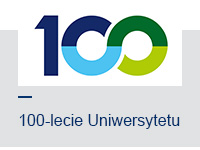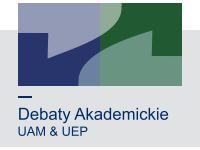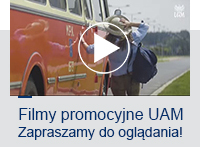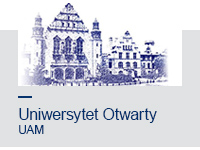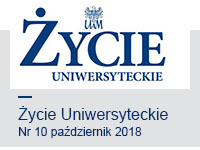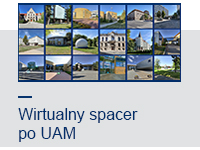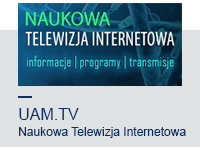
Serdecznie zapraszamy na wykład wybitnego językoznawcy, prof. Fransa Hinskensa pt.: "Ethnolects. Where language contact, language acquisition and dialect variation meet". Wykład, w j. angielskim, wygłoszony zostanie 16 marca br. o godz. 18:30 w sali wykładowej C1 Collegium Novum, Al. Niepodległości 4.
Krótki opis wykładu:
Ethnolects are language varieties which originated in specific ethnic groups, initially as L2 systems. This talk presents the study of Dutch ethnolects in broad outline and in a historical perspective, discussing briefly a number of ethnolects that have emerged (and sometimes disappeared again) in the past. The presentation goes on to describe the main research questions, the methodology, the data and a number of the results of our ‘Roots of Ethnolects’ project, which has been carried out for ten years now at the Meertens Instituut (Amsterdam) and Radboud University (Nijmegen). The project focuses on ethnolectal variation in present-day Dutch. For the research, interactional speech data (from 160 one hour conversations) as well as individual speech data were collected among 10-12 and 18-20 year old male adolescents with bi- or multilingual Turkish-Dutch, Moroccan-Dutch and monolingual non-immigrant Dutch backgrounds, who were all born and raised in the Dutch cities of Amsterdam or Nijmegen. The cities, which both have multicultural demographic profiles, are located in different dialect areas. The presentation will focus on variation in the realization of the Dutch voiced coronal fricative /z/, of the front unrounded diphthong /ɛi/ and of the /ɑ/-/a/ contrast. Additionally, the variation in the expression of grammatical gender, both in determiners and in adnominal inflection, will be discussed. In principle, the findings from the analyses in these four areas helps address questions of three different types: 1/ to which extent is the variability rooted in substrates, in processes of L2 acquisition of the first generations of migrants, and in surrounding endogenous non-standard varieties? 2/ What is the place of ethnolectal variation in the verbal repertoires of the speakers? Has it acquired a stylistic role? 3/ Does the usage of ethnolectal features flag non-nativeness? Do the features cross over to other groups?
Informację wprowadził/a: Marcin Turski









